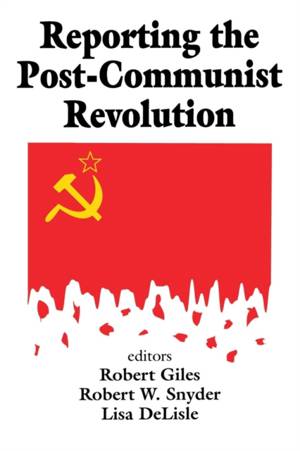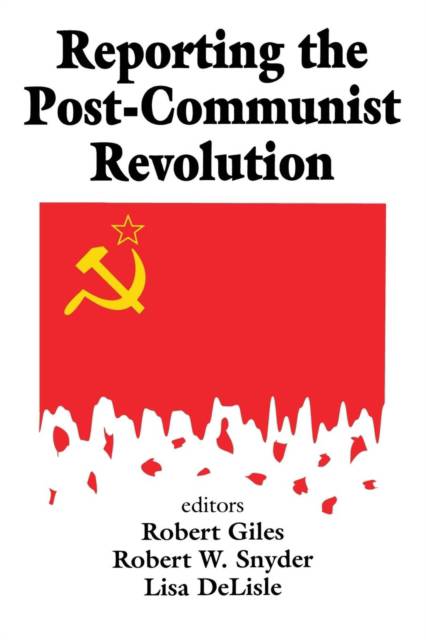
- Afhalen na 1 uur in een winkel met voorraad
- Gratis thuislevering in België vanaf € 30
- Ruim aanbod met 7 miljoen producten
- Afhalen na 1 uur in een winkel met voorraad
- Gratis thuislevering in België vanaf € 30
- Ruim aanbod met 7 miljoen producten
Zoeken
€ 61,45
+ 122 punten
Uitvoering
Omschrijving
The events of 1989 were the material of great reporting. They also revealed the power of journalism. Long before people in Central and Eastern Europe liberated themselves, they discovered democratic freedom, putting to print their own ideas and chronicling events of the day. Indeed, long before they had democracies in law, they had imagined them on paper.In the Solidarity network that produced books and leaflets and news bulletins, in the essays of Václav Havel, in the samizdat publishing house in Budapest that used a portable printing machine, Eastern Europeans demonstrated the organic link between journalism and self-government. They showed how journalism nurtures the imagination, dialogue, and honesty that are basic to democratic life.If history had ended in 1989, there would be cause for easy optimism. The changes that swept Central and Eastern Europe passed with relatively little bloodshed. But agonies of the former Yugoslavia, convulsions of the former Soviet Union, and enduring battles with censors and would-be censors bedevil emerging democracies. Not only does much remain for journalists to cover in Central and Eastern Europe, in some places there the fate of journalism is still an open question. For all these reasons, Reporting the Fall of European Communism explores, not only the events of 1989, but new stories that have emerged in Central and Eastern Europe over the past decade. This volume will be of interest to media professionals, academics and others with an interest in the power of journalism.
Specificaties
Betrokkenen
- Auteur(s):
- Uitgeverij:
Inhoud
- Aantal bladzijden:
- 262
- Taal:
- Engels
- Reeks:
Eigenschappen
- Productcode (EAN):
- 9780765807380
- Verschijningsdatum:
- 31/03/2001
- Uitvoering:
- Paperback
- Formaat:
- Trade paperback (VS)
- Afmetingen:
- 156 mm x 229 mm
- Gewicht:
- 390 g

Alleen bij Standaard Boekhandel
+ 122 punten op je klantenkaart van Standaard Boekhandel
Beoordelingen
We publiceren alleen reviews die voldoen aan de voorwaarden voor reviews. Bekijk onze voorwaarden voor reviews.











